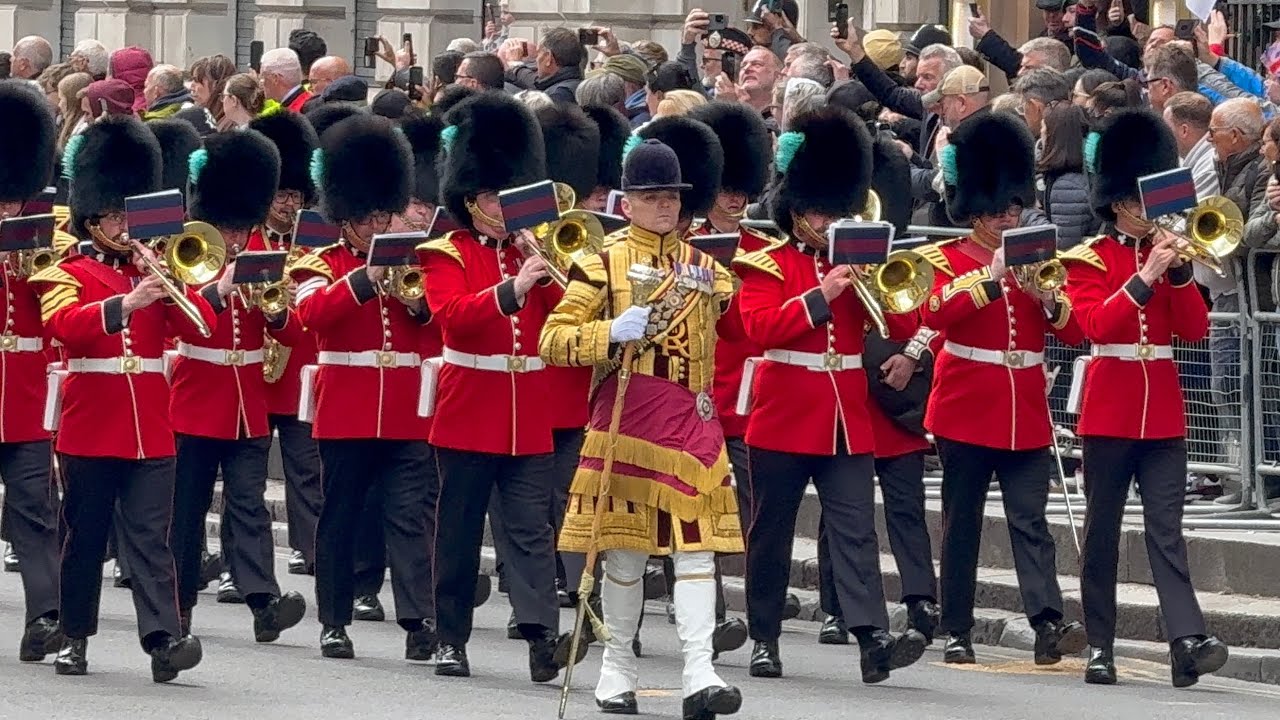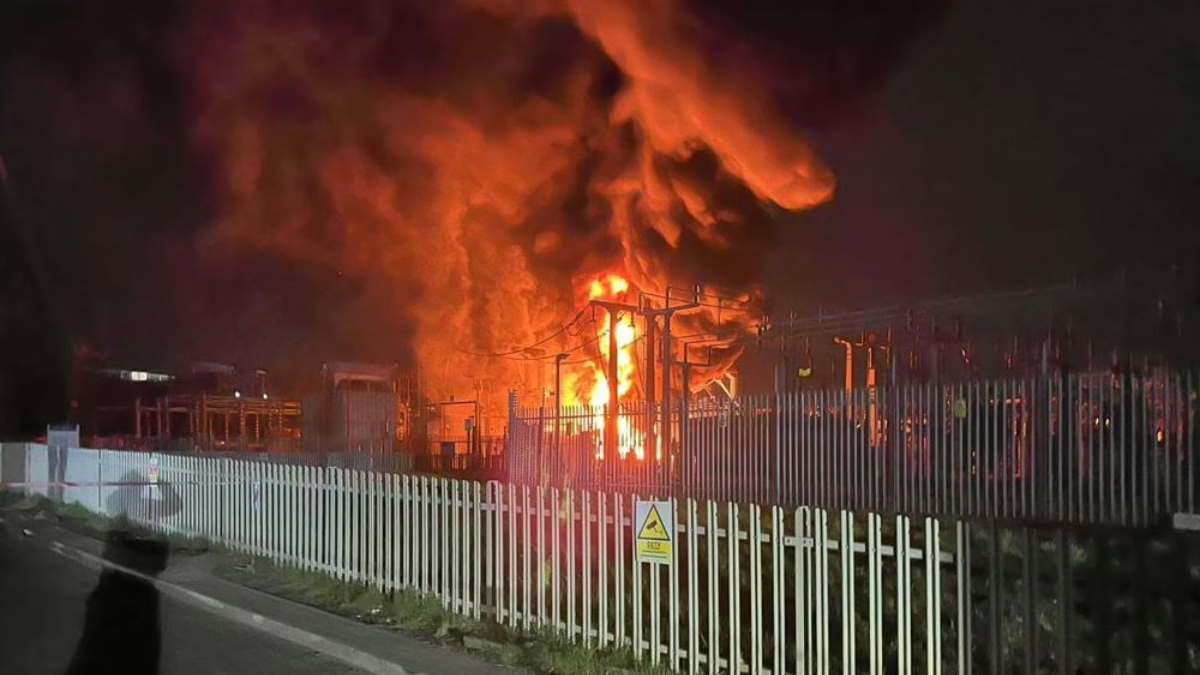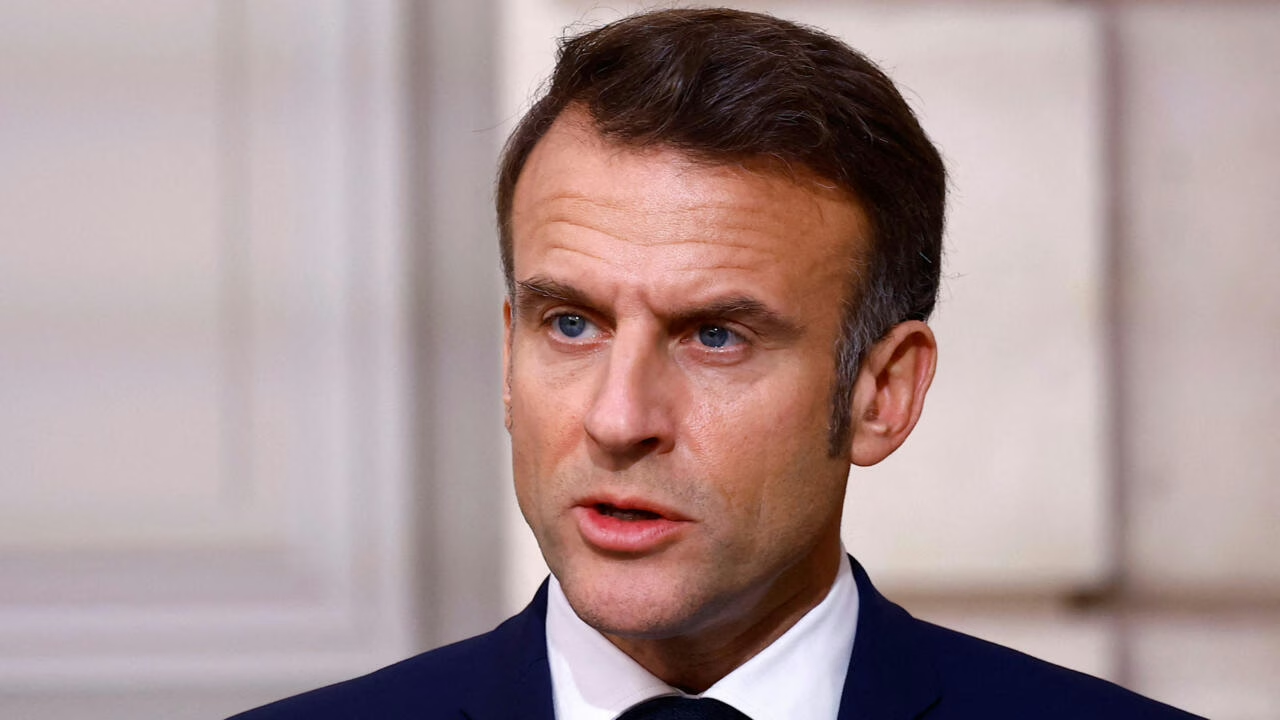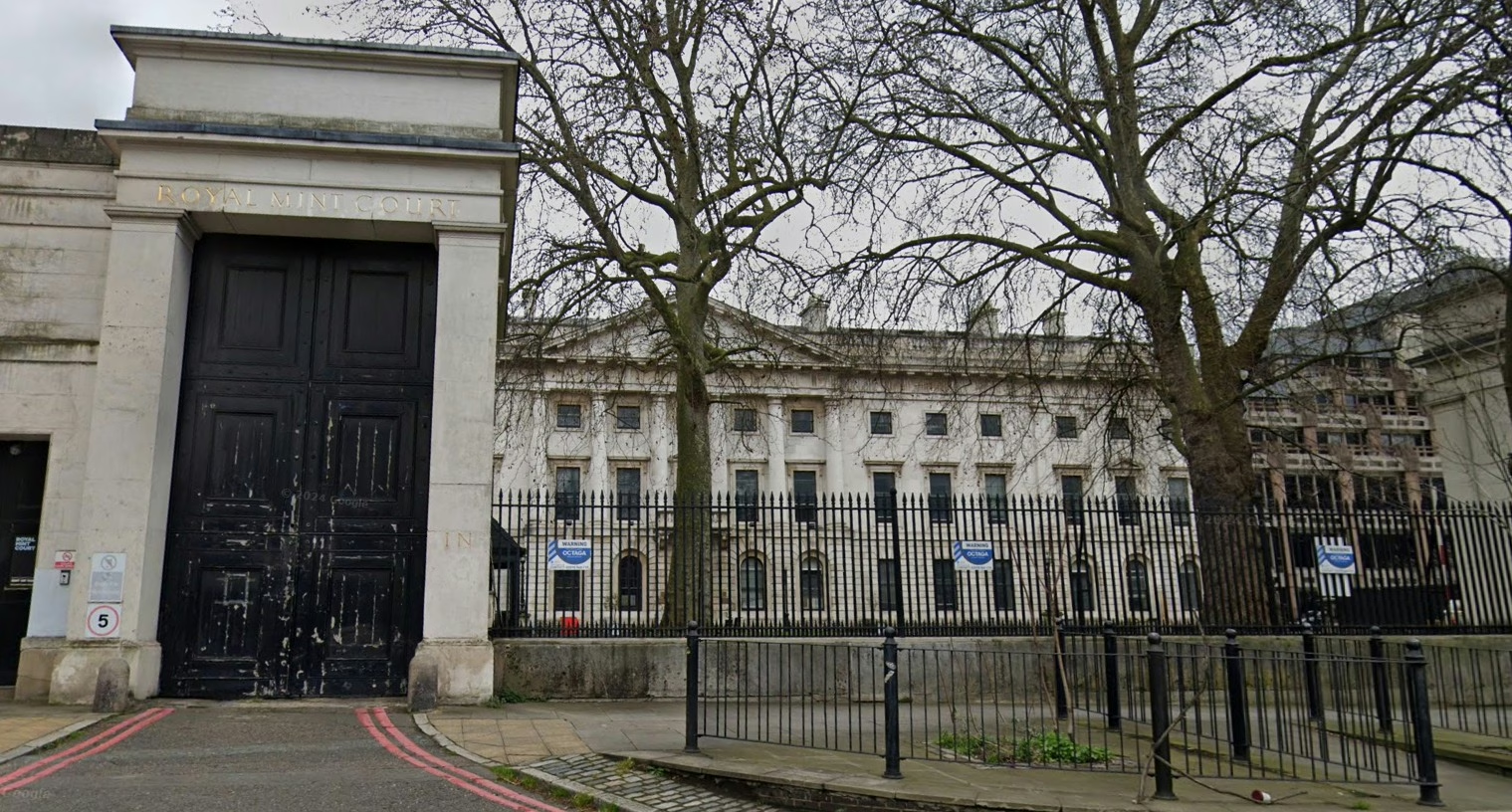The United Kingdom marks the 80th anniversary of VE Day (Victory in Europe Day) with nationwide ceremonies, commemorating the historic moment on 8 May 1945 when Nazi Germany unconditionally surrendered, ending the European theatre of World War II. The victory not only concluded a global conflict but also ushered in the Cold War (1947–1991), a period of profound historical significance. As part of VE Day’s 80th anniversary, this report revisits the significance of World War II and examines the enduring impact of the Cold War on Britain and the world.
Historical Context: The Birth of VE Day
On 8 May 1945, after nearly six years of devastating conflict, the Allies formally accepted Nazi Germany’s surrender, bringing the war in Europe to a close. British Prime Minister Winston Churchill announced the victory via radio broadcast, declaring, “Our long ordeal is over.” London erupted in celebration, with hundreds of thousands gathering in Trafalgar Square and outside Buckingham Palace, hosting street parties and singing classics like We’ll Meet Again. VE Day became a symbol of British resilience, honouring the sacrifices of approximately 384,000 soldiers and 70,000 civilians who perished during the war.
Throughout the war, Britain endured the Battle of Britain (1940), the Blitz air raids (1940–1941), and the gruelling Battle of the Atlantic. The Royal Air Force’s heroism, Bletchley Park’s codebreaking, and nationwide mobilisation – including women’s contributions in factories and auxiliary military roles – secured victory. Yet, the euphoria of VE Day was soon overshadowed by a new global rivalry: the Cold War.
The Dawn of the Cold War
The Cold War was a prolonged ideological, military, and economic standoff between the US-led Western bloc and the Soviet-led Eastern bloc, avoiding direct large-scale conflict but shaping the latter half of the 20th century. Following VE Day, tensions within the Allied coalition surfaced rapidly:
- Ideological Divide: The UK and US championed capitalism and democracy, while the Soviet Union promoted communism, leading to disputes over post-war European reconstruction and Germany’s fate.
- Iron Curtain: In 1946, Churchill’s “Iron Curtain” speech in Fulton, Missouri, marked the Cold War’s onset. Britain aligned firmly with the Western bloc, partnering with the US to counter Soviet influence.
- Key Events: The Yalta (1945) and Potsdam (1945) conferences failed to resolve territorial disputes, with the Soviets dominating Eastern Europe and the West consolidating Western Europe, resulting in Germany’s division into East and West.
VE Day 80th Anniversary in 2025
To mark VE Day’s 80th anniversary, the UK is hosting nationwide events from 5 to 8 May. On 5 May (a bank holiday), London staged a grand military parade from Parliament Square to Buckingham Palace, with historic RAF aircraft and the Red Arrows soaring overhead, recreating the triumph of 1945. King Charles and Queen Camilla hosted a tea party at Buckingham Palace for WWII veterans and their families. Communities across the nation held street parties, with picnics at Cardiff Castle and tea dances in Belfast drawing thousands.
On 8 May, a national service of thanksgiving was held at Westminster Abbey, led by the Archbishop of Canterbury, attended by royals, government officials, and veteran representatives. At 9:30 pm, over 1,000 beacons were lit nationwide, symbolising peace. Church bells rang at 6:30 pm, and town criers led peace pledges. With few surviving WWII veterans, events focused on engaging younger generations, with schools launching peace education programmes and the #VEDay80 hashtag trending on X for sharing historical stories.
The Cold War’s Lasting Impact on Britain and Beyond
VE Day’s victory set the stage for the Cold War, which profoundly shaped Britain’s political, economic, social, and cultural landscape:
- Political and International Role
- NATO and Western Alliance: In 1949, Britain co-founded NATO, becoming a key US ally in containing Soviet expansion. British troops were stationed in West Germany, and the UK played a pivotal role in the Berlin Airlift (1948–1949).
- Nuclear Arms Race: The Cold War spurred Britain to develop nuclear weapons, with its first test in 1952, reinforcing its status as a military power. This nuclear policy continues to influence UK diplomacy.
- Decolonisation: The Cold War hastened the British Empire’s decline, with economic pressures leading to independence for colonies like India (1947) and Malaysia (1957). The Commonwealth emerged as a new platform for global influence.
- Domestic Politics: Cold War ideology shaped UK politics, with Labour and Conservative debates over welfare and defence spending. Anti-communist measures, led by MI5, mirrored McCarthyism’s influence.
- Economic and Technological Progress
- Marshall Plan: The US-funded Marshall Plan (from 1948) aided Britain’s post-war reconstruction, rebuilding war-torn cities and industries. This deepened UK reliance on the US.
- Military Technology: The Cold War advanced British military tech, including jet fighters (e.g., the Harrier) and missile systems. Bletchley Park’s computing innovations laid the groundwork for modern IT.
- Economic Strains: The arms race burdened public finances, contributing to 1970s economic stagnation and cuts to welfare programmes, sparking social unrest.
- Social and Cultural Shifts
- Espionage Culture: The Cold War’s spy wars inspired British culture, with MI6’s rivalry against the KGB influencing works like Ian Fleming’s James Bond series. VE Day 2025 exhibitions may showcase Cold War-era spy gadgets and archives.
- Immigration and Diversity: Cold War-era immigration from Eastern Europe (e.g., Polish refugees) and Commonwealth nations diversified Britain. 2025 street parties feature multicultural music and cuisine, reflecting this legacy.
- Anti-War Movements: Nuclear fears fuelled UK anti-nuclear campaigns, such as the Campaign for Nuclear Disarmament (1958), shaping modern pacifist movements.
- End of the Cold War and Legacy
- The Soviet Union’s collapse in 1991 ended the Cold War, with Britain’s role cementing its influence in the modern global order. NATO, nuclear policies, and intelligence networks remain Cold War legacies. VE Day 2025 events draw parallels to current crises like the Russia-Ukraine conflict, urging vigilance against a new cold war.
Looking Forward: A Commitment to Peace
The 80th anniversary of VE Day in 2025 is both a tribute to WWII’s victory and a reflection on the Cold War’s complex legacy. King Charles, speaking at Westminster Abbey, said: “VE Day reminds us that peace, won through immense sacrifice, must be safeguarded with courage and unity. The Cold War’s lessons guide us in today’s challenges.” From London’s flypasts to rural beacon lightings, these events weave WWII and Cold War history into Britain’s modern vision for peace.
In an era of geopolitical tensions and climate crises, VE Day’s commemorations call on younger generations to uphold peace. Through digital exhibitions, school initiatives, and X platform engagement, Britain is passing this legacy to the future, ensuring VE Day’s spirit endures.
Discover more from “Bridging Hongkongers. Reporting Truth.”
Subscribe to get the latest posts sent to your email.




